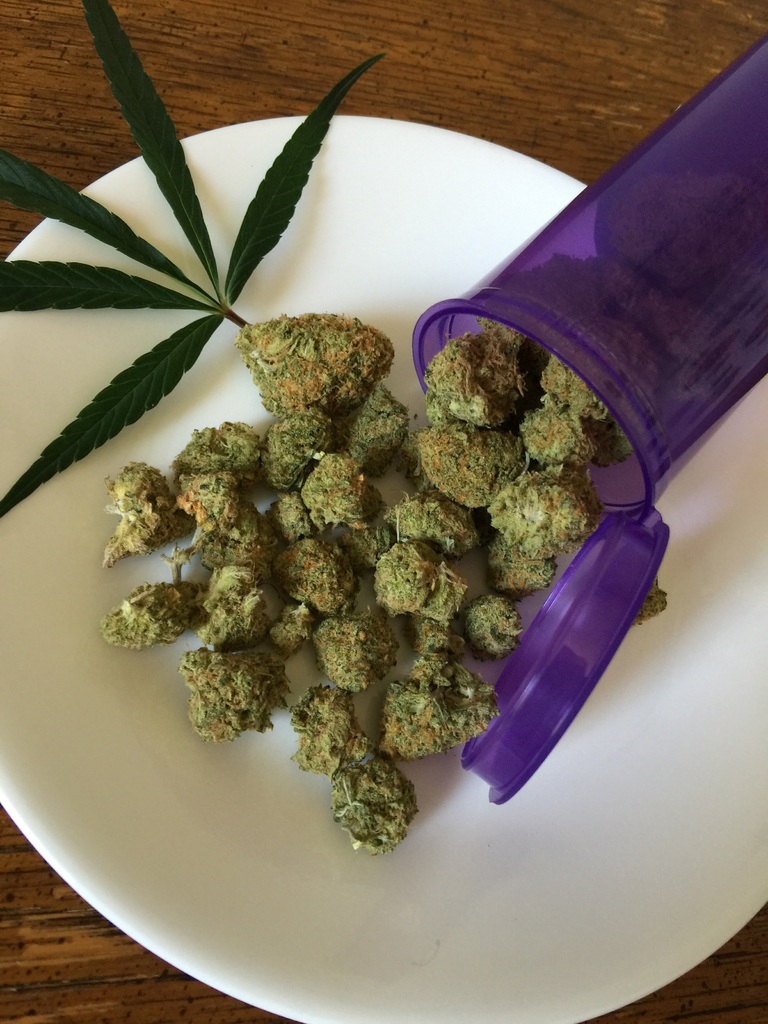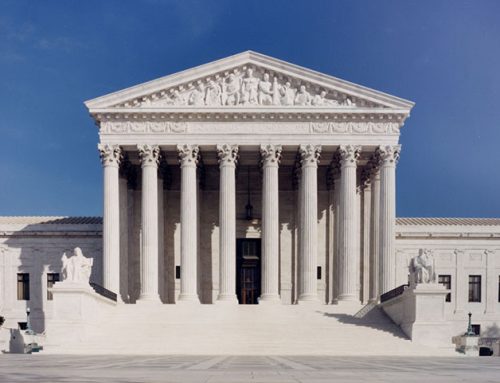Florida Advances Bill to Restrict Hemp-Derived Cannabinoids
LOS ANGELES- A significant legislative development occurred in Florida on Monday as a House legislative subcommittee moved forward with a bill aimed at regulating psychoactive hemp-derived cannabinoids, including Delta 8 and Delta 10 THC. House Bill 1613, sponsored by Republican State Representative Tommy Gregory, seeks to address the burgeoning market of hemp products that have emerged following the federal legalization of hemp in the 2018 Farm Bill.
The bill, which passed through the House Agriculture and Natural Resources Appropriations Subcommittee with an 8-4 vote, proposes to redefine hemp to ensure that hemp extract does not exceed 0.3% total delta-9-THC concentration on a wet-weight basis, setting a more stringent standard than the current federal law. It also introduces limits on serving and container sizes for these products.
This legislation comes in response to the rapid growth of new hemp businesses nationwide, capitalizing on the legal loophole for hemp products to sell psychoactive substances. These products, including Delta 8, Delta 10, HHC, THC-O, THC-P, and THCv, are readily available in convenience stores, gas stations, and smoke shops, raising concerns among lawmakers about consumer safety and the potential for misuse.
Representative Gregory emphasized that the bill is a consumer protection measure, not an attempt to criminalize behavior. It aims to safeguard consumers from cannabinoids not naturally found in cannabis and those less studied than Delta 9 THC and CBD. Industry advocates like Jeff Sharkey acknowledge the need to regulate synthetic products masquerading as hemp but worry about the bill’s potential impact on Florida’s burgeoning hemp economy.
Opponents of HB 1613, including Democratic Representative Hillary Cassel and local business owners, argue that the bill’s restrictions could severely damage or even dismantle the state’s hemp industry. They fear that overly stringent regulations will push consumers towards the black market or out-of-state suppliers, undermining local businesses and depriving the state of valuable economic activity.
Despite these concerns, the bill’s sponsors are confident that the legislation will not harm the legitimate hemp industry or the state’s economy. They argue that tighter regulation is necessary to prevent the misuse of psychoactive products and protect public health, without negatively affecting non-psychoactive hemp products and businesses.
HB 1613 now proceeds to the House Infrastructure Strategies Committee for further consideration. If it passes, it will be presented to the full House of Representatives for a vote. A companion measure in the Senate, SB 1698, sponsored by Republican Senator Colleen Burton, is also expected to be voted on soon, signaling a concerted effort by Florida legislators to tighten control over hemp-derived cannabinoids.
The debate surrounding HB 1613 reflects broader national discussions on the regulation of hemp and cannabis products, balancing consumer protection with industry growth and innovation. As the bill advances through the legislative process, stakeholders from all sides are keenly watching the developments, aware of the potential implications for both the hemp industry and consumers in Florida.



































